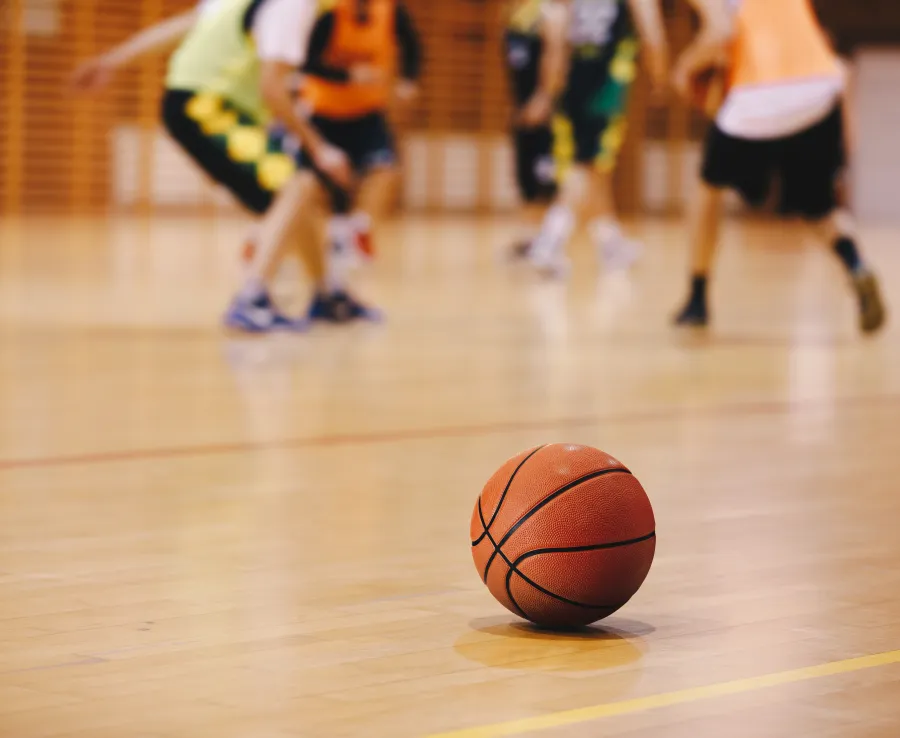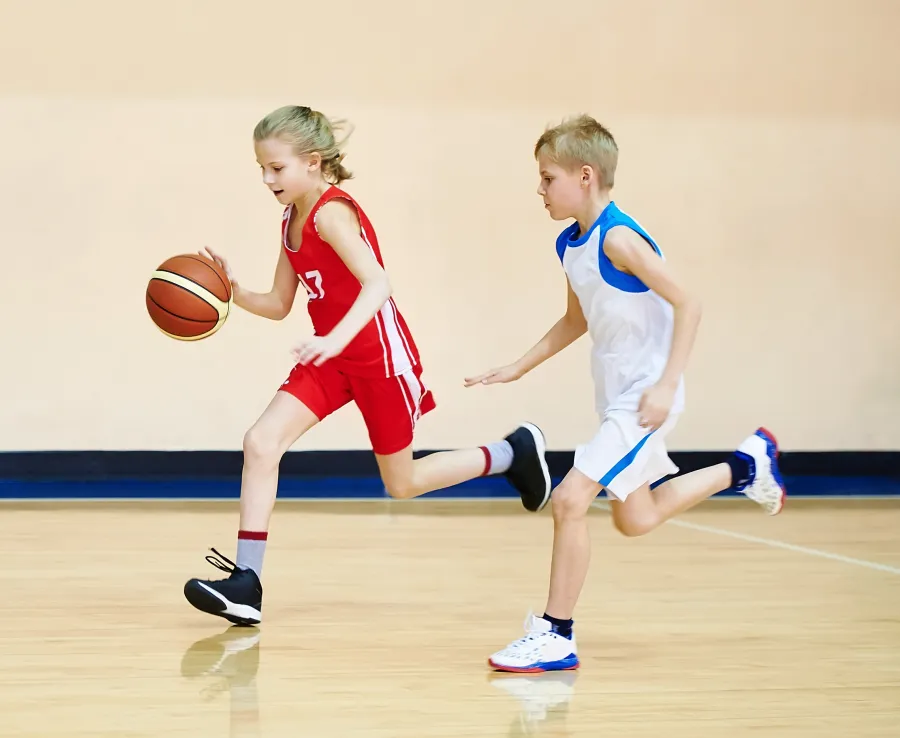My research into the psychological effects of coaching on athletes, prompted by the ABC article “Volleyball Australia apologises to former players for physical and psychological abuse,” found that current coaching programs often fall short in preparing coaches to support the mental and emotional wellbeing of their athletes.
The Gaps in Current Coaching Education
Through interviews with experts such as a Professor Chris Zehtner from the University of Southern Queensland and Olympic Beach Volleyball Coach and AIS Coach Development Lead, Mick Nelson, a consistent theme emerged: most coaching qualifications focus heavily on technical knowledge but lack depth in communication, emotional intelligence, and athlete welfare.
Key issues include:
- Limited psychological training: Courses often emphasise skills and tactics over athlete-centred approaches.
- Recycled coaching behaviours: Many coaches replicate methods they experienced as players- even when those approaches conflict with contemporary understandings of athlete welfare.
- Surface-level learning: Much coach education remains at a “knowledge and recall” level, offering minimal opportunity for critical reflection or applied learning.
As Professor Zehtner observed, “Without critical reflection, coaches risk reproducing harmful traditions under the guise of experience.”
Why This Matters
Research shows that athletes who experience supportive, emotionally intelligent coaching are more likely to remain in sport long-term. Conversely, poor communication and low empathy can damage confidence, reduce participation, and in some cases, cause lasting psychological harm.
Effective coaching must therefore move beyond performance outcomes to include the holistic development of the athlete — both on and off the field.
Recommendations for Change
To bridge these gaps, coaching education should prioritise reflective, interactive learning that equips coaches to respond to the emotional and psychological needs of athletes. Suggested strategies include:
- Case analysis: Examine real-world examples of both positive and harmful coaching behaviours.
- Critical reflection: Evaluate coaching sessions using welfare-focused checklists.
- Role-play redesign: Practise transforming stressful situations into supportive interactions.
- Policy-to-practice workshops: Translate athlete wellbeing policies into everyday coaching behaviours.
These approaches align with higher levels of Bloom’s Taxonomy, promoting critical thinking, empathy, and applied learning- essential qualities for safe and effective coaching.
A Call for Action
Improving coaching education is not just about preventing harm; it is about fostering a culture where every athlete feels valued, supported, and motivated to continue participating in sport.
By embedding emotional intelligence, communication, and reflection into coaching qualifications, we can strengthen the integrity of sport and ensure that athlete wellbeing remains at the heart of every game, training session, and team environment.
Editors note: Readers will be interested in the Safe and effective coaching of young athletes in high performance sport course developed by Sport Integrity Australia (SIA), the Australian Institute of Sport (AIS) and the Western Australian Institute of Sport (WAIS) to upskill coaches of junior athletes in high performance sport, and the Australian Sports Commission's Community Coaching Essential Skills resources.
As our contributor is under 18, consent to publish this article has been provided by both the contributor and their legal guardian.


